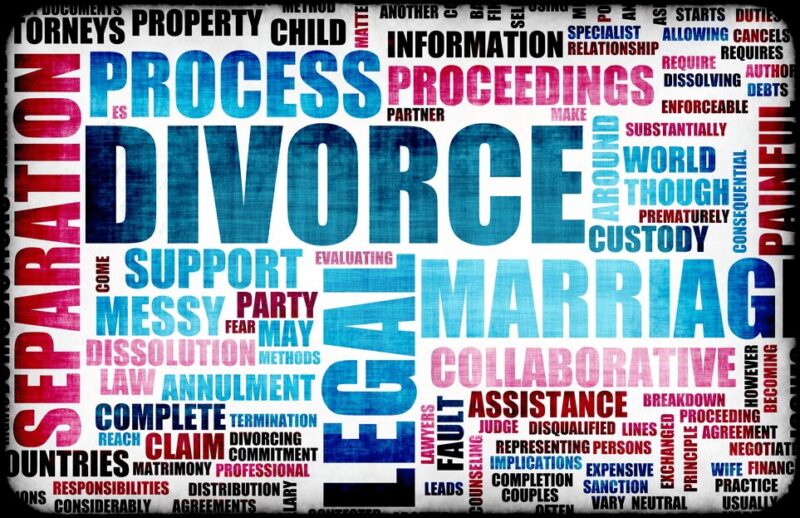Divorce is a challenging and emotionally charged process that requires careful planning and informed decision-making to safeguard your rights and interests.
By taking proactive steps, you can navigate this difficult time more effectively and ensure a fair outcome.
The following strategies are designed to help you protect yourself during a divorce.
1. Stay Informed About the Divorce Process

Understanding the legal procedures and requirements in your jurisdiction is crucial.
Familiarize yourself with the steps involved in filing for divorce, the necessary documentation, and the timelines. This knowledge will empower you to make informed decisions and anticipate potential challenges.
2. Consult with a Qualified Family Lawyer
Engaging knowledgeable family lawyers is essential to protect your legal rights.
An experienced attorney can provide personalized advice, represent your interests in negotiations, and ensure that all legal documents are properly prepared and filed.
They can also help you understand complex issues such as property division, child custody, and spousal support.
3. Maintain Financial Transparency
Full disclosure of assets and liabilities is a legal requirement in divorce proceedings. Attempting to hide assets or provide misleading information can lead to severe legal consequences, including contempt of court.
Ensure that you are transparent about your financial situation to facilitate a fair division of property.
4. Protect Your Financial Interests

Take steps to secure your financial future by:
- Opening Individual Accounts: Establish bank and credit accounts in your name to gain financial independence.
- Monitoring Credit Reports: Regularly review your credit reports to identify any unauthorized activities or joint accounts that need to be addressed.
- Tax Implications: Be aware of the tax consequences related to the division of assets, alimony, and child support to avoid unexpected liabilities.
5. Prioritize the Well-Being of Your Children
If children are involved, their best interests should be at the forefront of all decisions.
Avoid involving them in conflicts with your spouse and strive to maintain a stable environment.
Courts consider the welfare of children paramount, and demonstrating a commitment to their well-being can positively influence custody arrangements.
6. Avoid Making Significant Life Changes
During the divorce process, refrain from making major changes such as moving in with a new partner or relocating to a different area.
Such actions can complicate legal proceedings and may be viewed unfavorably by the court, potentially impacting custody and property decisions.
7. Utilize Mediation for Dispute Resolution
Consider mediation as an alternative to contentious court battles. Mediation involves a neutral third party who helps both spouses reach mutually agreeable solutions.
This approach can be less stressful, more cost-effective, and often results in more amicable settlements.
8. Establish a Support Network
Divorce can be emotionally taxing. Build a support system comprising friends, family, and professionals such as therapists or counselors.
Having a reliable network can provide emotional stability and practical assistance throughout the process.
9. Plan for Post-Divorce Financial Stability

Work with financial advisors to create a comprehensive plan for your life after divorce.
This includes budgeting, investment strategies, and retirement planning to ensure long-term financial security.
10. Document All Communications
Keep detailed records of all interactions with your spouse, especially those related to financial matters, child custody, and agreements.
Documentation can serve as evidence if disputes arise and help protect your interests in court.
The Bottom Line
Protecting your rights during a divorce requires preparation, clarity, and support.
By staying organized, seeking guidance from qualified family lawyers, and making thoughtful decisions—especially around finances, custody, and communication—you can avoid costly mistakes and protect your long-term well-being.
Divorce may be difficult, but with the right approach, you can emerge from it with your dignity, rights, and future intact.


